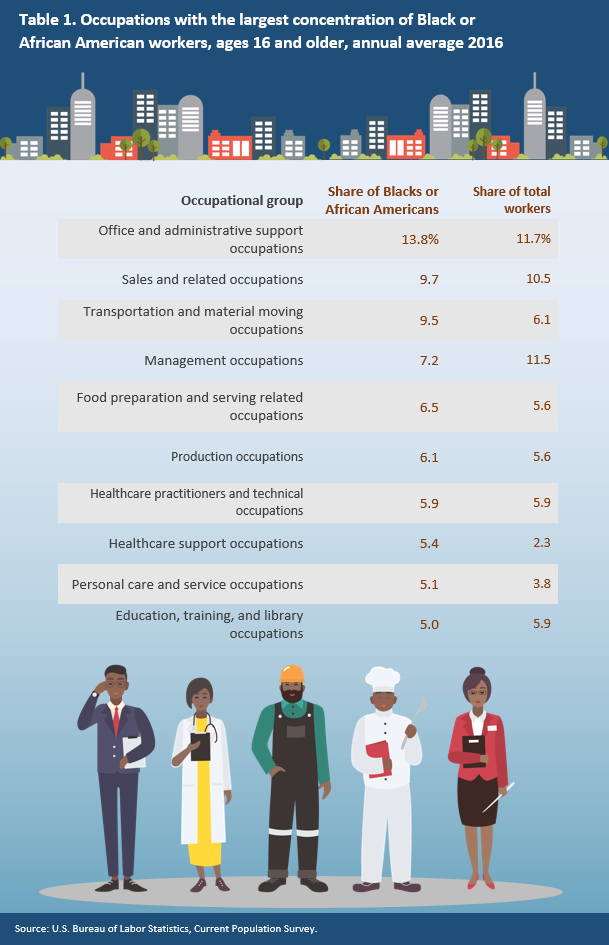My mind is not entirely made up on this because there are a number of severely disadvantaged groups in this country who would not be owed reparations yet are stuck in dangerous, run down communities with crap schools and limited options, along with black people. IMO, at this point, this should be something seperate from reparation.
When it comes to reparations to provide economic equality to black Americans, though, it seems clear that a rising tide does not lift all boats, at least not to an equal level. As I see it, reparations are partly an acknowledgement of wrongs, and partly an attempt to put blacks on an equal footing, economically. Unemployment for blacks was the lowest it had ever been prior to the Covid shutdowns, but it was still double that of white Americans. Although blacks have achieved a lot of gains in education, white Americans still on average have 10 times the wealth of black Americans. While grants and programs to alleviate poverty for all are a great idea, they will not take care of that stubborn problem of economic inequality. Only investment specifically in black communities can do that. Or so the economists say.
Here's a couple of articles that kick around different ideas for what reparations might look like and how they might work. Just for general information.
Rashawn Ray and Andre Perry outline the history of reparations in the United States, missed opportunities to redress the racial wealth gap, and specific details for a viable reparations package for Black Americans.

www.brookings.edu
The idea of economic amends for past injustices and persistent disparities is getting renewed attention. Here are some formulas for achieving the aim.

www.nytimes.com
Good articles! I recognize one from what IM2 quoted from. I have to think about this.
I thought that Brookings article sounded familiar.....lol
There are a lot of ideas.
I'm one of those people who keeps looking around the corner, saying "okay--how, specifically, do we do this?" and so far I'm full of questions because enough particulars haven't been provided. We haven't zeroed in on a plan.
I'm guessing IM is focused on persuading people that reparations, as a general concept, is a good idea. I'm already convinced, so maybe I don't need to be here. To me, the question is HOW. Because if I can't see how it is going to work on the ground, I can't really get behind a plan. And I don't think we've gotten that far yet.
Hey OldLady, it's good to see you again. I was afraid you had left.
One way is to return a percentage of taxes paid by black people during all the years that racism and segregation was legal in the U.S. We know that the government can use federal income tax records to indentify specific individuals because they just sent out stimulus checks to everyone whose tax filings in 2018/2019 were below a certain threshold so I know they can make a determination of income tax payments prior to the passage of the Civil Rights Act in 1964 which effectively ended the 2nd class status of blacks in America on paper if not in application.
Our government also has property records which they can use. If the taxes of black parents went into the kitty for schools but the black students were provided with sub par schools, equipment, educations, etc. or as in the case of one of the Virginia school districts where they shut down the entire district for 5 years rather than comply with the landmark SCOTU Brown v Board of Education decision to integrate their schools, those are quantifiable damages.
Maybe because my primary career is as a software developer I understand how to query databases in order to come up with the target set of individuals that can then be used to pull data from other systems. It's not a difficult thing to do and as I've always said, any problem can be solved with sufficient time and resources. I suspect our government as another impediment, doesn't want to spend the money, but I would bet that they could crowd source a solution, heck I could probably design something for them, but I'm loathe to spend my time working for free these days other than for a very specific set of individuals, particularly for people who are already so resistent to the results.

datausa.io




